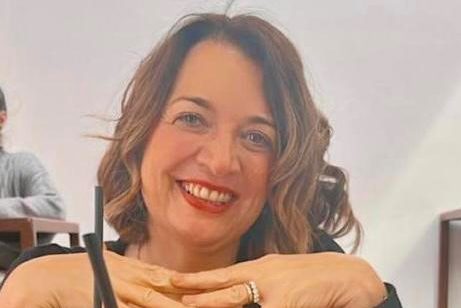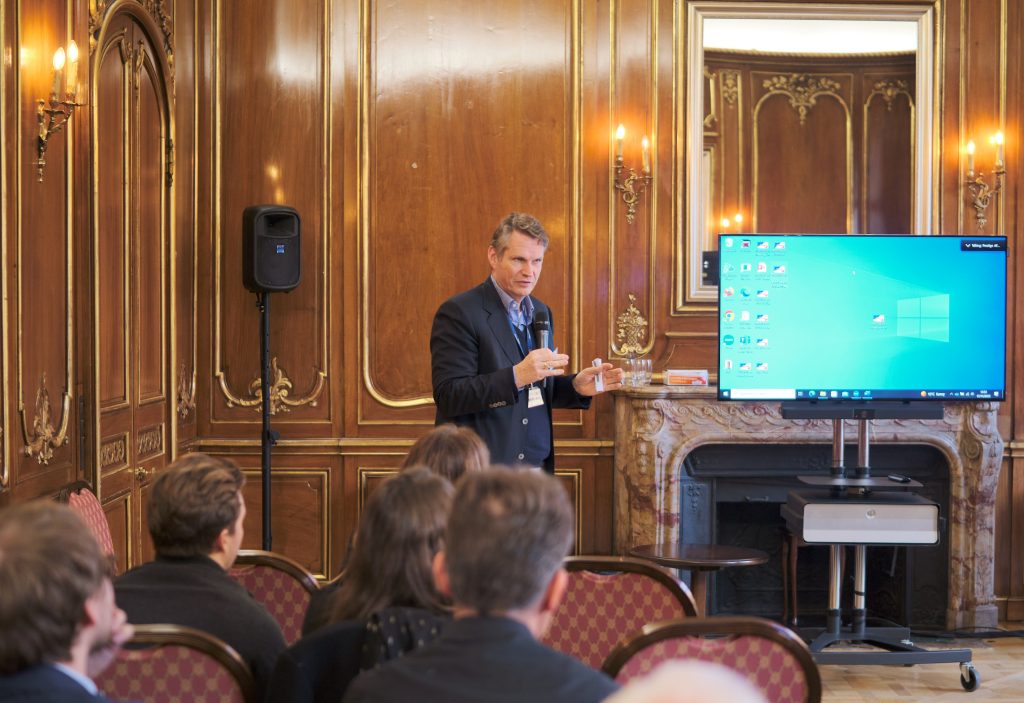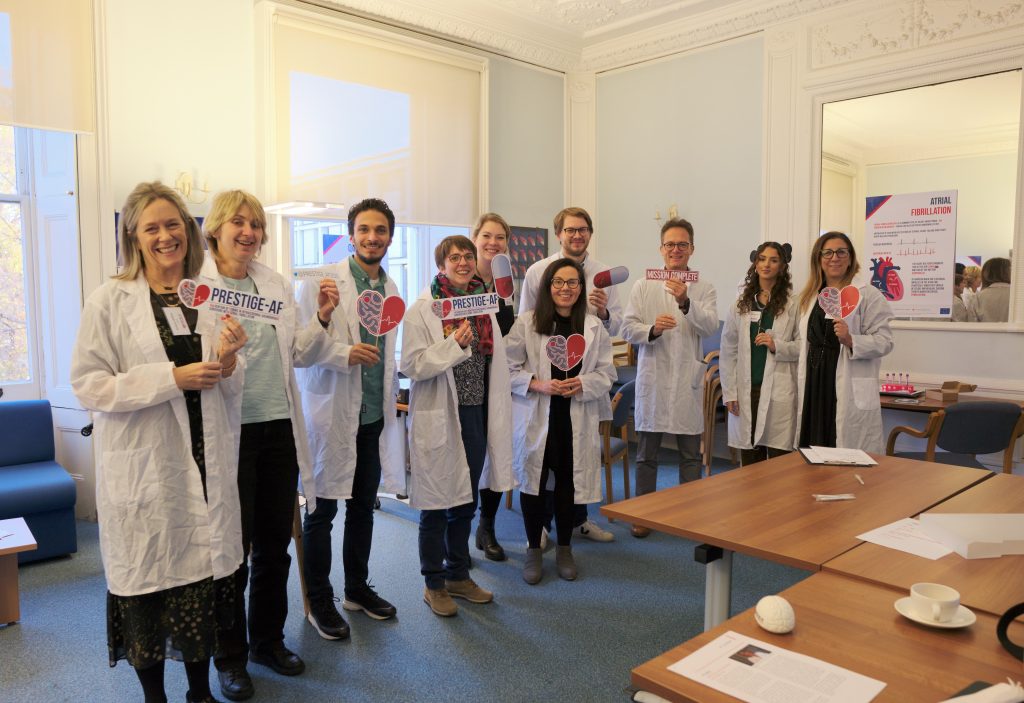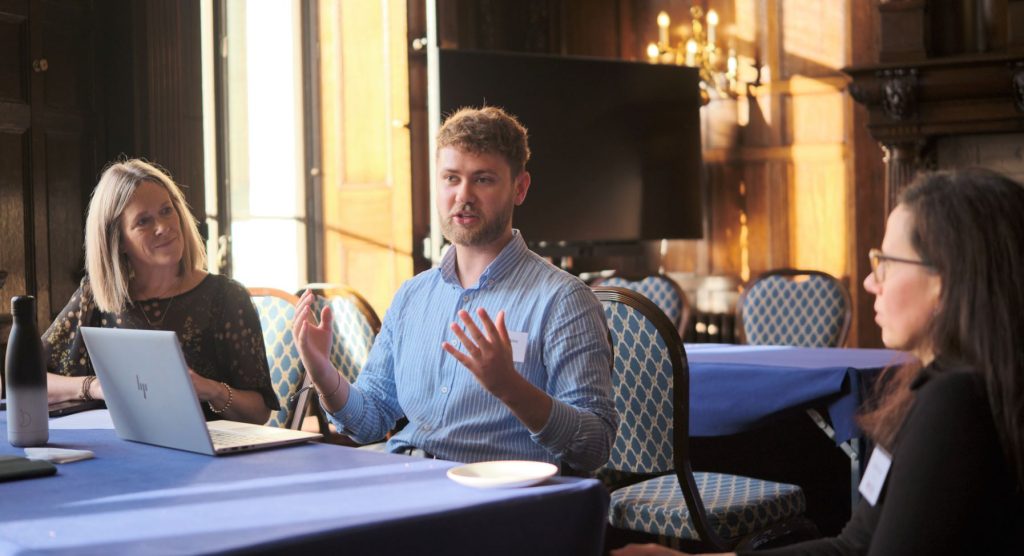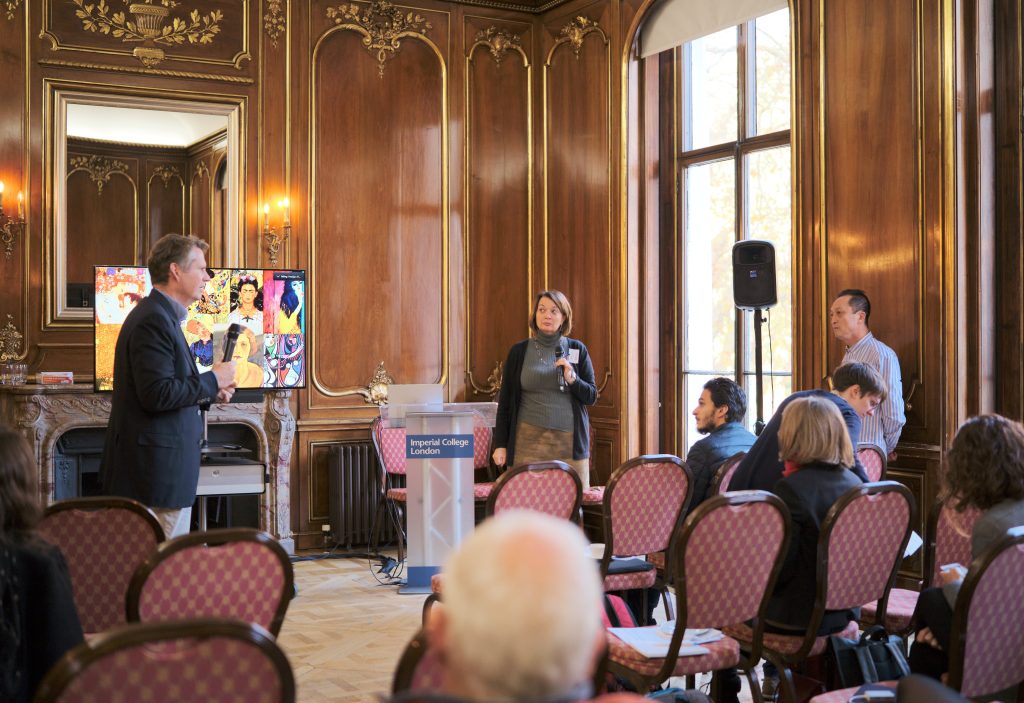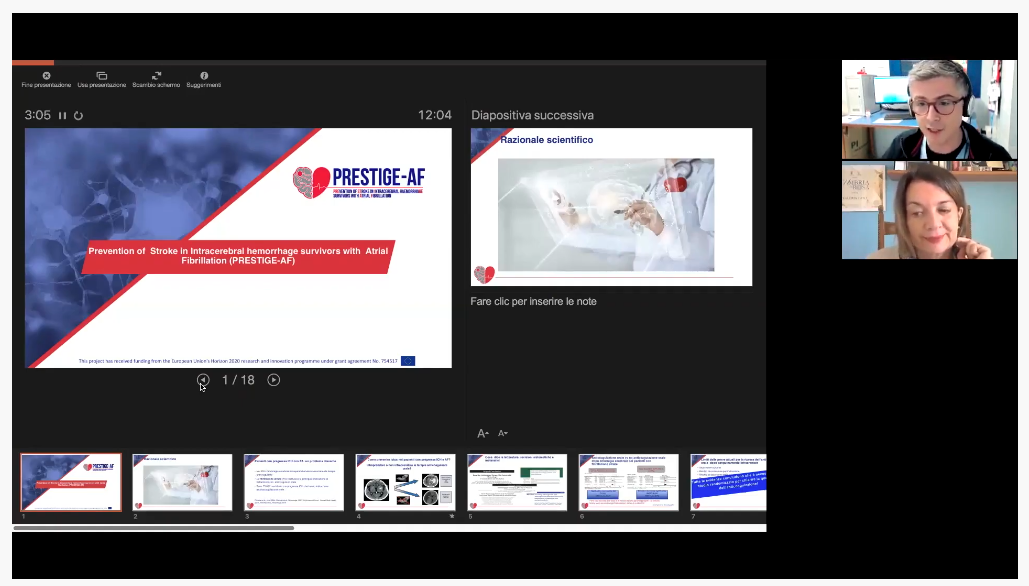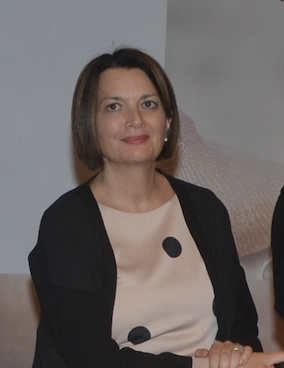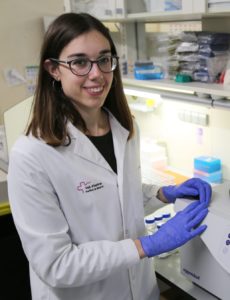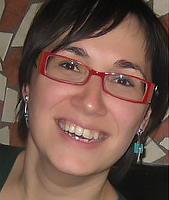March 8th marks International Women’s Day, a day to celebrate the achievements of women around the world and recognise the areas where improvements can be made.
Prof. Valeria Caso, MD, PhD is work package leader (WP9), responsible for ‘Understanding Gender-related differences’ for the PRESTIGE-AF research project.
It is widely understood that women have been under-represented in studies on overall cardiovascular disease, surgery, and cancer. This underrepresentation is problematic, as it causes generalisations about the impact of how these health conditions affect women to be made without suitable evidence.
Prof. Caso’s work focuses on how to increase the awareness of physicians in raising the participation of women to appropriate levels for randomised clinical trials, as well as how to increase the awareness among female patients to participate in clinical trials, investigate for biological differences in both sexes in intracerebral haemorrhages, AF and stroke outcomes and investigate social-cultural influences in both sexes in stroke outcome.
We spoke with Prof. Caso in anticipation of this year’s International Women’s Day to see what inspires her to do the work she does and in line with this year’s theme of #InspireInclusion, what we can all do to ensure inclusion in regards to stroke research and prevention.
What inspired you to follow a career in health and science?
“Since an early age, I have been thoroughly intrigued by the complexities of the human mind. This interest has led me on a lifelong journey to understand myself and help others. Initially, I wanted to become a neuropsychiatrist for children. This aim accompanied me throughout medical school when my fascination with the human brain deepened.“
How did this experience impact your decision to go specifically into stroke research?
“My path took a significant turn during my specialisation period for neurology. The neurology department director at the time offered me an opportunity that would inspire my career. He offered to send me to a stroke unit in Germany. I chose to go to the city of Kiel, where I had been born.
My time at the Stroke Unit in Kiel was eye-opening, as I was as able to see first-hand how a stroke could swiftly, and often most devastatingly, negatively impact a person’s life – it was profoundly moving to witness. The exposure to stroke medicine marked a pivotal point in my career. Later, while a Ph.D. candidate, I spent time at a stroke unit in Heidelberg, Germany, where I saw, for the first time, the positive effects of thrombolysis therapy, lost or compromised motor functions were restored after treatment delivery. I knew that this was a game changer.
Every day in Heidelberg, I learned of the challenges associated with treatment, as each patient was unique. The successes and setbacks highlighted the intricacies involved in treating and preventing stroke.”
What does inspiring inclusion mean to you?
“Inspiring inclusion means guaranteeing an environment that values, respects and supports all persons, regardless of their background, identity, or circumstances. It is about actively fostering a culture that acknowledges and embraces diversity to achieve the fullest possible participation and contribution from everyone.”
How do we become more inclusive of women regarding stroke research, prevention, and treatment?
“Inspiring inclusion, especially in stroke research, prevention, and treatment, can be significantly enhanced through active mentoring. However, this needs to begin early on for people considering a future in medicine. In fact, continuous guidance throughout the early phases of a woman’s medical career is crucial, as establishing oneself in the medical field requires years of dedication and perseverance. Guidance that is community-centric and highly personalized might also see greater participation of women in stroke prevention and treatment programs.
Specifically, we should focus on engaging with women in familiar neighbourhood settings, where trust has already been established among the members. Here, in-person communication and education, akin to continuous mentoring, could be highly impactful. Likewise, tailored approaches based on the habits and customs of individual groups could also lead to significant improvements in how women perceive and engage with healthcare related to stroke.”
Thank you Prof. Caso for your tireless dedication to create positive change and improve outcomes for women impacted by stroke. You can learn more about the work Prof. Caso does with the PRESTIGE-AF project on the our Partner page.






